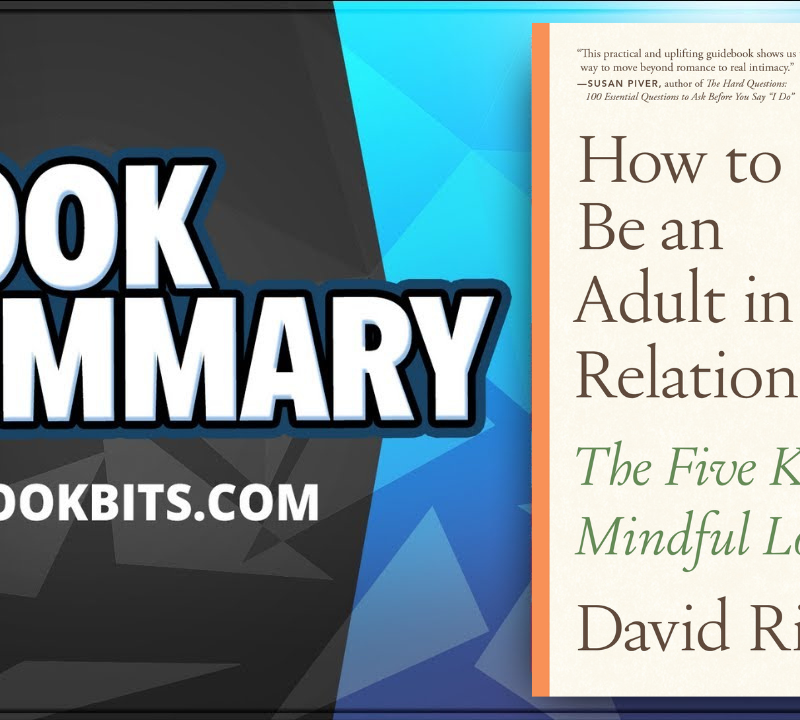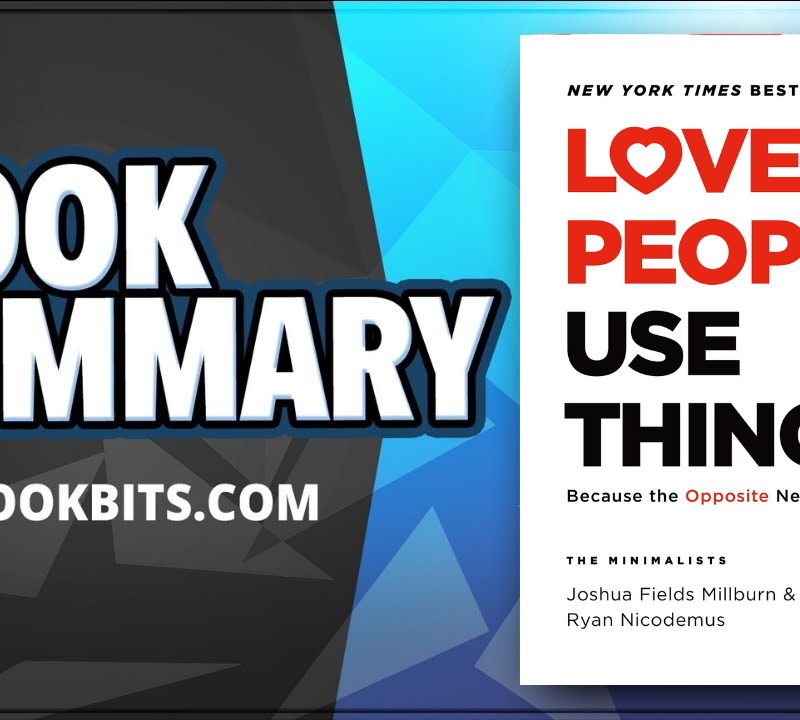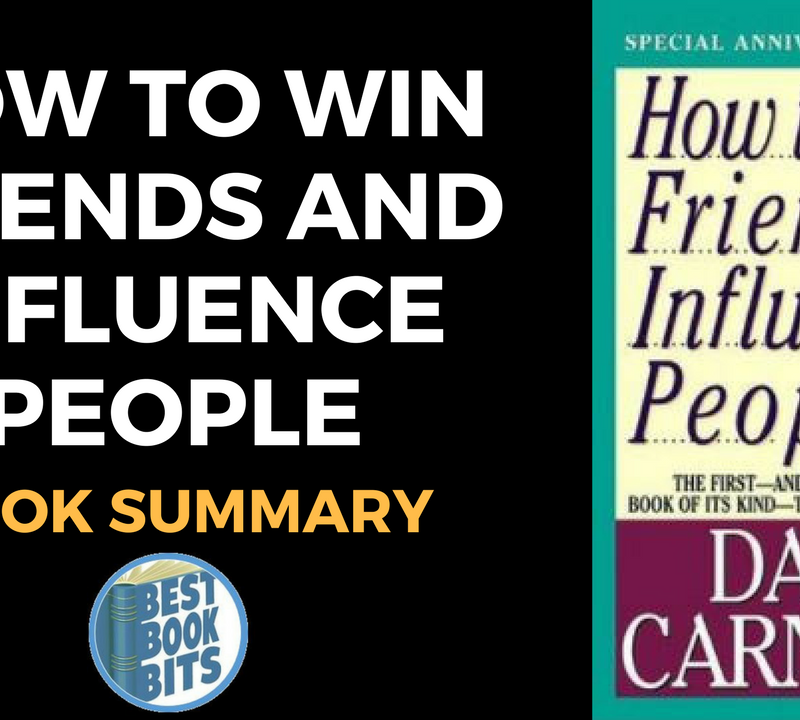★DOWNLOAD THIS FREE PDF SUMMARY HERE
? MY FREE BOOK TO LIVING YOUR DREAM LIFE”
? SPONSOR BESTBOOKBITS BY USING PATREON
? SUPPORT BESTBOOKBITS BY CLICKING THE LINKS BELOW
- 150 PDF Summaries
- Coaching Program
- Subscribe to My Channel
- Website
- Spotify
- Book Club
- Mailing List
The Book in Three Sentences
- People speak different love languages
- After many years of marriage counseling, Chapman’s conclusion is that there are five emotional love languages—five ways that people speak and understand emotional love.
- Chapman believes that, once you identify and learn to speak your spouse’s primary love language, you will have discovered the key to a long-lasting, loving marriage.
The Five Big Ideas
- We have been led to believe that if we are really in love, it will last forever. However, once the experience of falling in love has run it’s course, we return to the world of reality and begin to assert ourselves.
- Some couples believe that the end of the “in-love” experience means they have only two options: a life of misery with their spouse or jump ship and try again.
- However, there is a third and better alternative: We can recognize the in-love experience for what it was—a temporary emotional high—and now pursue “real love” with our spouse.
- Your wife’s complaints are the most powerful indicators of her primary love language.
- There is nothing more powerful that you can do than to love your wife even when she’s not responding positively.
The 5 Love Languages
- Words of affirmation
- Quality time
- Receiving gifts
- Acts of service
- Physical touch
The 5 Love Languages Summary
Chapman is convinced that keeping the emotional love tank full is as important to a marriage as maintaining the proper oil level is to an automobile.
When your spouse’s emotional love tank is full and they feel secure in your love, the whole world looks bright and your spouse will move out to reach their highest potential in life.
Verbal compliments, or words of appreciation, are powerful communicators of love.
Giving verbal compliments is one way to express words of affirmation to your spouse. Another dialect is encouraging words.
We must first learn what is important to our spouse. Only then can we give encouragement.
Sometimes our words say one thing, but our tone of voice says another.
We can choose to live today free from the failures of yesterday.
When you make a request of your spouse, you are affirming his or her worth and abilities. You are introducing the element of choice. This is important because we cannot get emotional love by way of demand.
If your mate’s primary love language is quality time, your spouse simply wants you, being with them, spending time.
Spending time with your mate in a common pursuit communicates that you care about each other, that you enjoy being with each other, that you like to do things together.
One of the most common dialects is that of quality conversation. By quality conversation, Chapman mean sympathetic dialogue where two individuals are sharing their experiences, thoughts, feelings, and desires in a friendly, uninterrupted context.
Words of affirmation focus on what we are saying, whereas quality conversation focuses on what we are hearing.
We must be willing to give advice but only when it is requested and never in a condescending manner.
Ask yourself, “What emotion is my spouse experiencing?” When you think you have the answer, confirm it. For example, “It sounds to me like you are feeling disappointed because I forgot .”
One way to learn new patterns is to establish a daily sharing time in which each of you will talk about three things that happened to you that day and how you feel about them. Chapman calls this the “Minimum Daily Requirement” for a healthy marriage.
The essential ingredients in a quality activity are:
- At least one of you wants to do it
- The other is willing to do it
- Both of you know why you are doing it—to express love by being together.
A gift is something you can hold in your hand and say, “Look, he was thinking of me,” or, “She remembered me.”
Physical presence in the time of crisis is the most powerful gift you can give if your spouse’s primary love language is receiving gifts.
By acts of service, Chapman mean doing things you know your spouse would like you to do.
Love is a choice and cannot be coerced.
Each of us must decide daily to love or not to love our spouses. If we choose to love, then expressing it in the way in which our spouse requests will make our love most effective emotionally.
People tend to criticize their spouse most loudly in the area where they themselves have the deepest emotional need.
Don’t make the mistake of believing that the touch that brings pleasure to you will also bring pleasure to her.
A common mistake many men make is assuming that physical touch is their primary love language because they desire sexual intercourse so intensely.
Most sexual problems in marriage have little to do with physical technique but everything to do with meeting emotional needs.
If your deepest pain is the critical, judgmental words of your spouse, then perhaps your love language is words of affirmation.
Chapman suggests three ways to discover your own primary love language:
- What does your spouse do or fail to do that hurts you most deeply? The opposite of what hurts you most is probably your love language.
- What have you most often requested of your spouse? The thing you have most often requested is likely the thing that would make you feel most loved.
- In what way do you regularly express love to your spouse? Your method of expressing love may be an indication that that would also make you feel loved.
Almost never do two people fall in love on the same day, and almost never do they fall out of love on the same day. Chapman calls this “The disequilibrium of the ‘in-love’ experience.”
Love is not the answer to everything, but it creates a climate of security in which we can seek answers to those things that bother us.
Can emotional love be reborn in a marriage? You bet. The key is to learn the primary love language of your spouse and choose to speak it.
Questions
- How does your spouse respond when you try to show affection?
- On a scale of 0–10, how full is your love tank?
- Can you pinpoint a time in your marriage when “reality” set in? How did this affect your relationship, for better or worse?
- What would you most like to hear your spouse say to you?
- What in your marriage detracts from spending quality time?
- Reflect on ways to give gifts even if finances are tight.
- Many acts of service will involve household chores, but not all. What are some non-chore ways of serving your mate?
- Recall some non-sexual “touching times” that enhanced intimacy between the two of you.
- Do you think by now you have a good sense of what your spouse’s love language is? How about them for you? What more could you do to explore this?
- A key thought here is the idea of speaking our mate’s love language whether or not it is natural for us. Why is this so fundamental to a healthy marriage?
- What does your spouse do to make you feel more “significant”? How about what you do for them?
★DOWNLOAD THIS FREE PDF SUMMARY HERE
? MY FREE BOOK TO LIVING YOUR DREAM LIFE”
? SPONSOR BESTBOOKBITS BY USING PATREON
? SUPPORT BESTBOOKBITS BY CLICKING THE LINKS BELOW
- 150 PDF Summaries
- Coaching Program
- Subscribe to My Channel
- Website
- Spotify
- Book Club
- Mailing List













